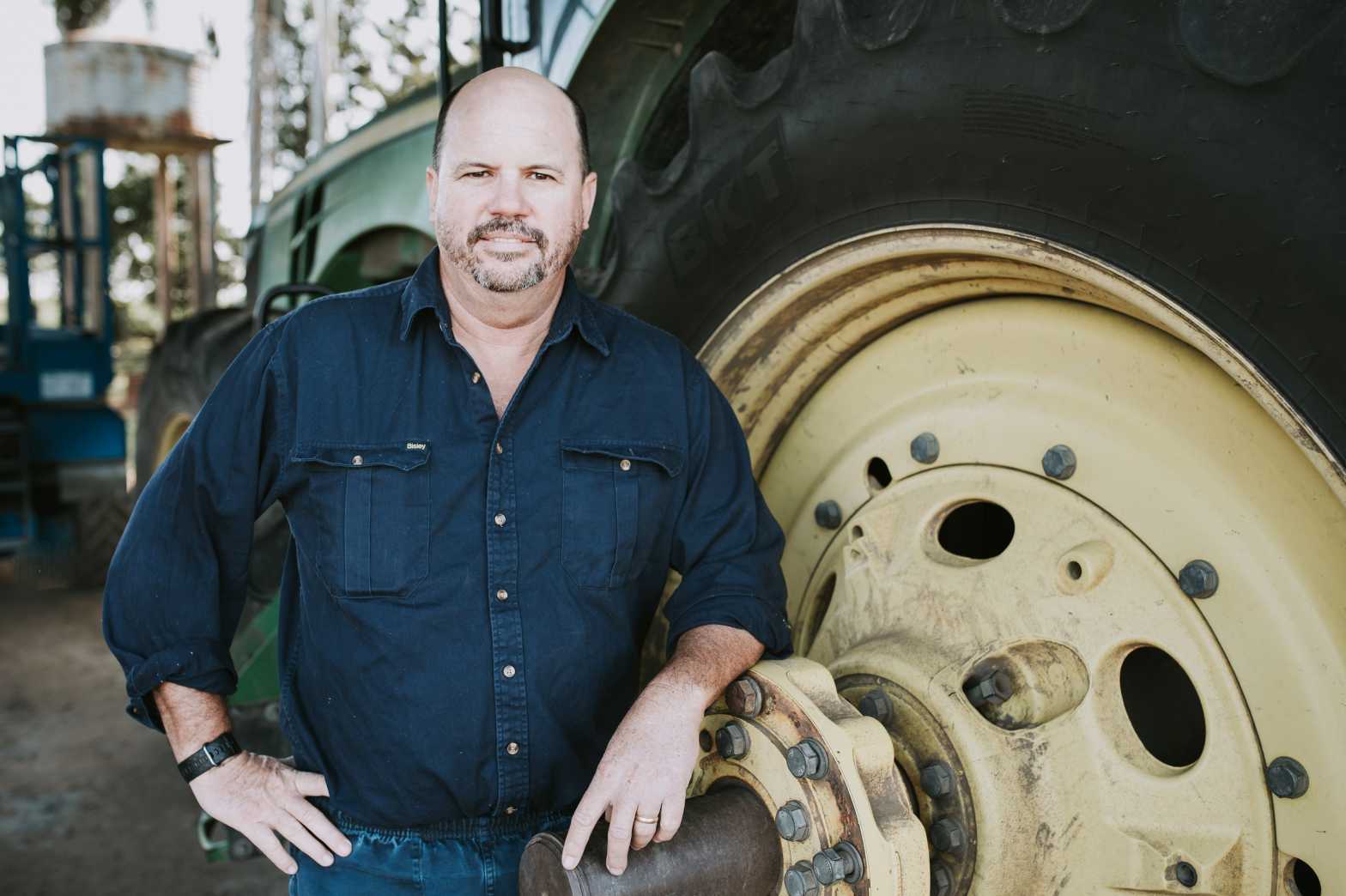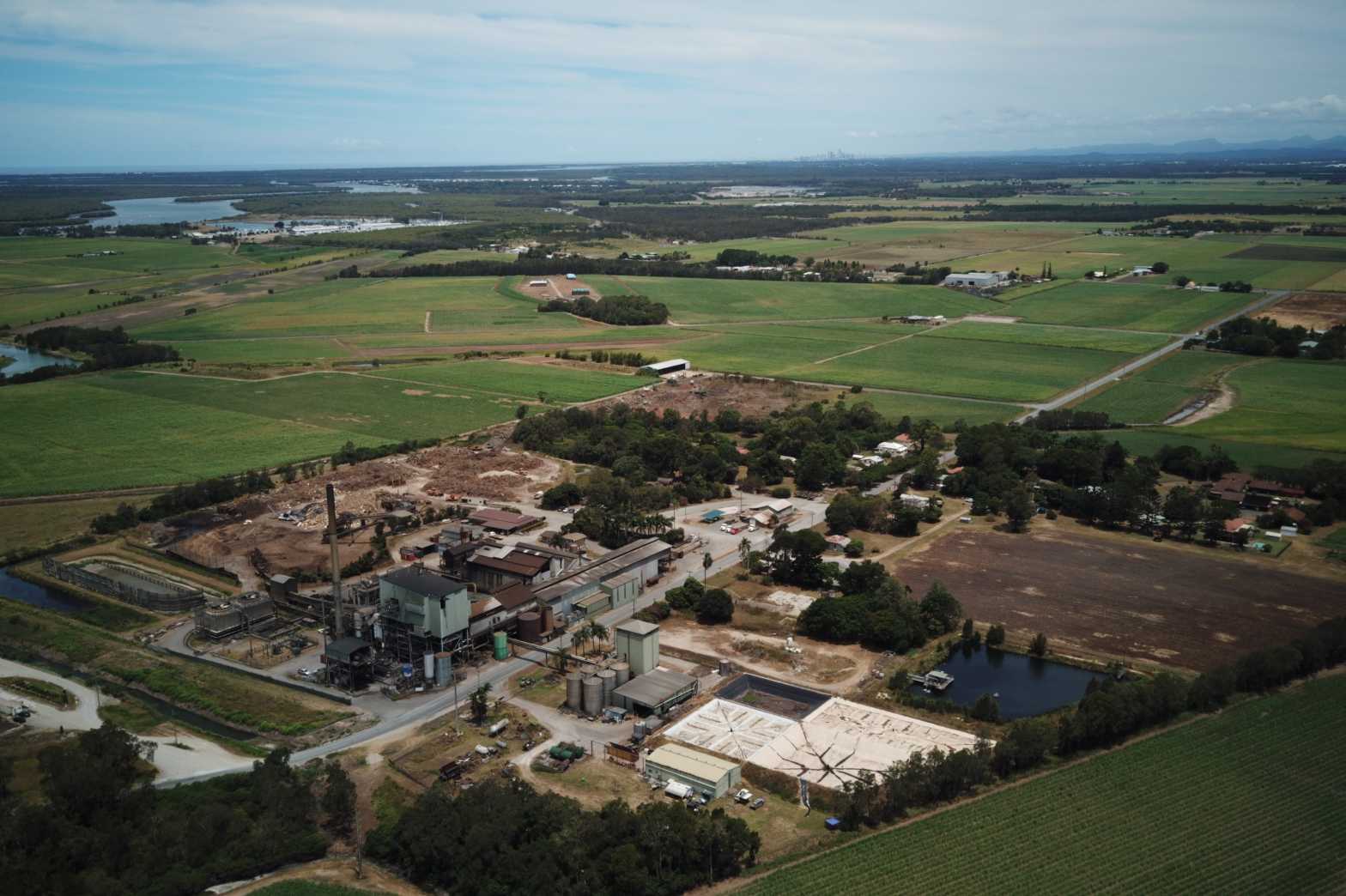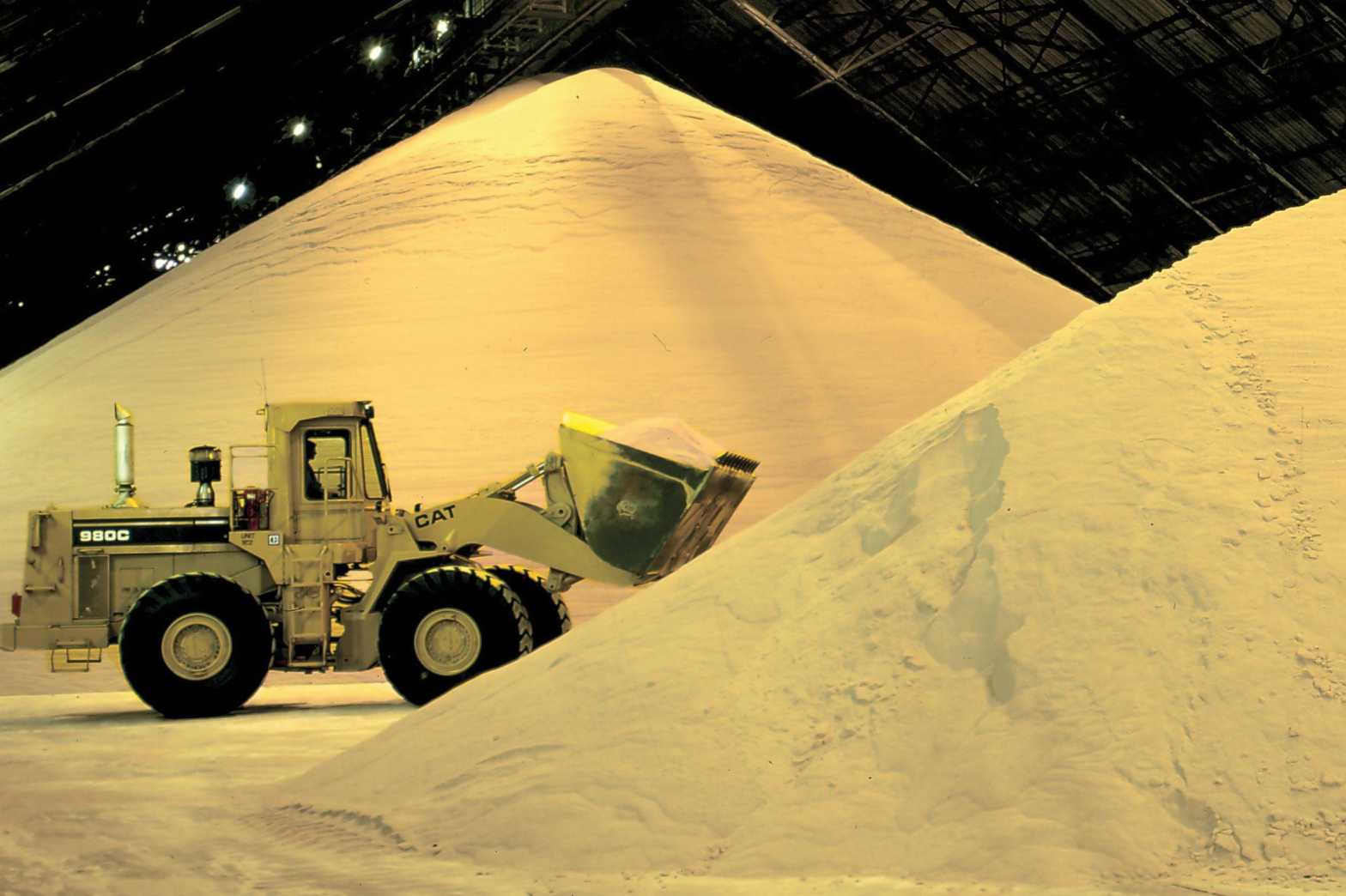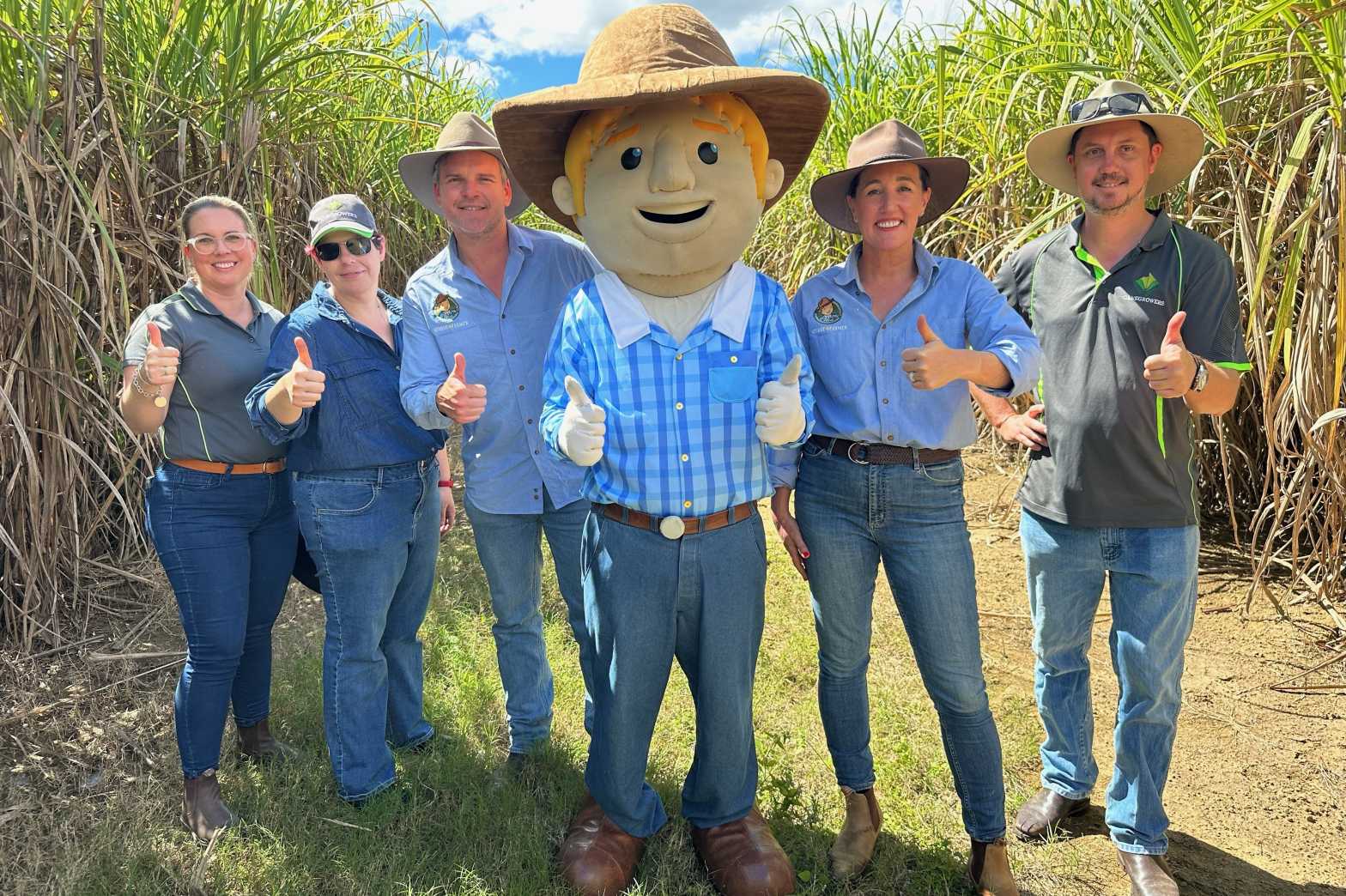Queensland’s peak sugarcane growers’ organisation, CANEGROWERS, will tell a Senate inquiry this month it is time for a thorough review of the way scientific research on Great Barrier Reef water quality is managed and scrutinised.
“We welcome the announcement that the pandemic-delayed public hearings of the Senate inquiry into the evidence base behind reef regulations have been rescheduled,” CANEGROWERS CEO Dan Galligan said. “But we are very disappointed that the committee is now only planning to visit Brisbane later this month.
“This inquiry is looking into the evidence that is used to substantiate significant legislation that affects everyday farming practices in Queensland and we think to get a true impression of the impact of these laws, politicians need to be in the regions talking directly to farmers.
“The original schedule with Senators visiting Cairns and Townsville should be revisited. It’s important for Senators to hear from our CANEGROWERS grower representatives close to their districts and also take the opportunity to visit cane farms."
CANEGROWERS is advocating for a review and overhaul of the current system that manages the funding, quality, synthesis and communication of research used to inform government policy related to Reef water quality where those policies have such an impact on farmers.
“We have poor policy choices made by government such as escalating intrusive regulations on farm practices supposedly being based on scientific evidence,” Mr Galligan said. “This has led to widespread and understandable cynicism of the science.
“Restoring confidence in the science and re-setting policy will require a shift to more open and transparent processes and the first step is thorough review of what’s happening now.”
CANEGROWERS will highlight to the Senate Committee the way in which decisions of government have led to farmers being unfairly treated.
“For example, the Paddock to Reef (P2R) program that is used by government to assess industry progress towards water quality targets significantly undervalues and underestimates what is happening on cane farms in Queensland – actually ignoring a large amount of practice change and innovation,” Mr Galligan said.
“While the State Government uses its own reporting programs to claim progress towards best practice adoption is slow, we actually have over a third of the sugarcane area in Queensland voluntarily accredited in the industry best practice program Smartcane BMP.
“This is ahead of targets agreed to by the State Government which assists with funding for the implementation of the program yet its successes and results are being ignored.”



